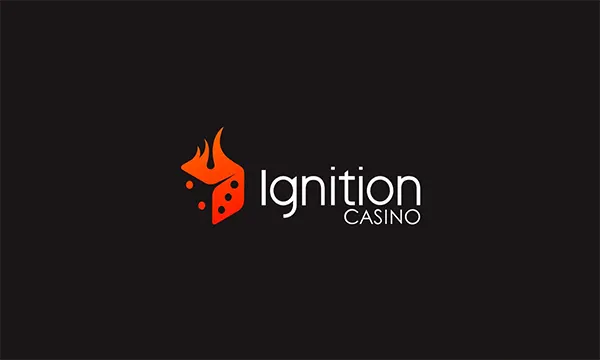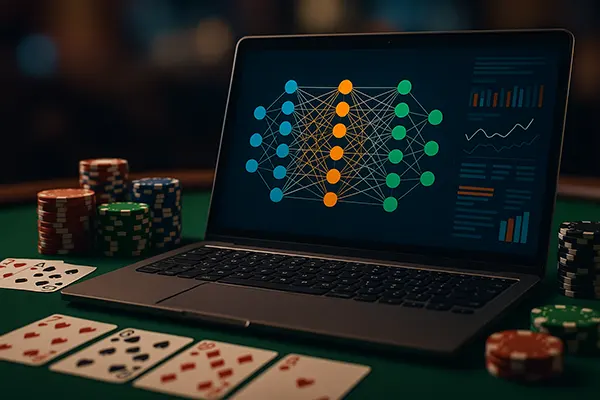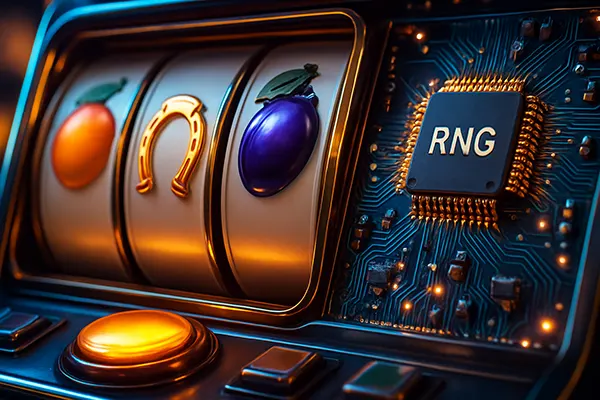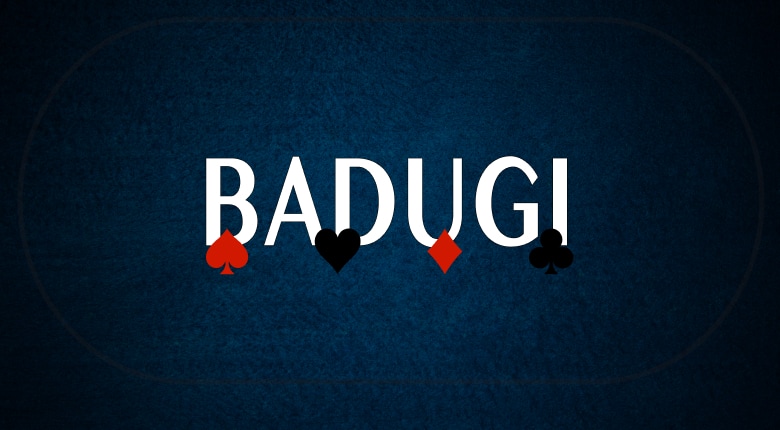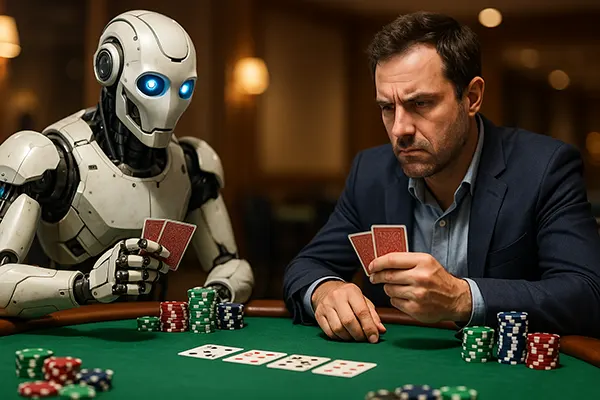
AI vs Poker Pro: How Artificial Intelligence Is Changing High-Stakes Play
Artificial Intelligence (AI) has dramatically transformed numerous industries, but its influence on high-stakes poker is particularly profound. Once a game ruled by psychological tactics and human intuition, poker is now being reshaped by machine learning algorithms, real-time data analysis, and strategic modelling. The collision of human expertise and machine precision has sparked a new era of competitive dynamics at the felt.
The Emergence of AI in High-Stakes Poker
The introduction of AI into poker dates back to early simulation bots, but the real revolution began with the development of programs like Libratus and Pluribus. These systems demonstrated an unmatched ability to process vast decision trees, outmanoeuvring even elite professionals in no-limit Texas Hold’em. Their consistent performance marked the beginning of a paradigm shift in how the game is played and analysed.
Unlike human players who rely on intuition and experience, AI employs complex mathematical models to evaluate each situation with precision. This data-driven approach reduces variance and exploits even the slightest inefficiencies in human strategies. Professional players are now required to adapt rapidly, integrating machine-informed insights into their gameplay to remain competitive at top levels.
Major poker rooms and online platforms have also started using AI tools for security, game integrity, and opponent modelling. This shift has led to the decline of exploitative strategies and an increase in Game Theory Optimal (GTO) styles of play. As AI continues to learn from millions of hands, its edge only grows sharper.
Impact on Human Players and Strategy
For seasoned professionals, AI presents both a threat and a powerful resource. Tools such as PioSOLVER and GTO+ allow players to simulate thousands of hand outcomes and refine their decision trees with surgical accuracy. This has ushered in a new generation of analytical players who prioritise mathematical perfection over psychological manipulation.
However, the prevalence of AI has narrowed the strategic diversity seen at high stakes. While old-school players thrived on unpredictability and player reads, modern competitors lean heavily on standardised GTO charts. This evolution has reduced creative variance and occasionally made the game less dynamic, albeit more precise.
Despite these shifts, human intuition still holds value—especially in live settings where physical tells and timing still play a role. The most successful pros now blend AI-driven analysis with experiential knowledge to strike a winning balance in elite games.
AI Training Tools and Their Role in Poker Education
AI-powered tools have become integral to professional development in poker. Platforms like Run It Once, DTO Poker Trainer, and Odin are offering interactive training modules built on advanced simulations. These resources provide not only optimal play suggestions but also rationale behind each line, helping users internalise complex concepts.
High-stakes grinders increasingly rely on these tools to plug leaks and maintain a competitive edge. AI models break down hand histories, identify deviations from optimal play, and offer precise correction paths. Unlike traditional coaching, this form of self-directed learning is scalable and personalised to each player’s tendencies and mistakes.
Additionally, solvers help players visualise ranges, understand board textures, and practice for uncommon but critical scenarios. As a result, the average skill level at high-stakes tables has risen dramatically in the last five years, with AI training playing a crucial part in this evolution.
Challenges of Over-Reliance on AI
Despite its benefits, over-dependence on AI presents several risks. Players may become too rigid in their decision-making, blindly following solver outputs without considering table dynamics or exploitative adjustments. Poker remains a game of incomplete information, and not every situation fits neatly into a solver’s parameters.
There is also the concern of homogenisation. As more players adopt similar strategies, the game risks becoming monotonous, reducing the skill expression that once defined high-stakes play. This has sparked debate among professionals on whether AI is making the game too ‘solved’ for its own good.
Moreover, ethical issues arise when AI is used in real-time assistance (RTA) during online games. Several scandals have emerged involving players using bots to gain an unfair advantage. This misuse threatens the integrity of competitive poker and has led to stricter monitoring protocols by major sites.

The Future of AI in Competitive Poker
Looking ahead, AI’s presence in poker is set to deepen. Developers are experimenting with neural networks capable of adjusting strategies in real-time based on opponents’ historical actions. These adaptive models are moving closer to replicating human intuition, potentially outclassing even the most instinctual players.
Regulatory bodies are also stepping in to balance innovation with fair play. Stricter enforcement of anti-RTA policies and transparent AI integration are becoming priorities for platforms like PokerStars and GGPoker. Ensuring that AI serves as a training and analysis tool—not a cheat—will define its role in the coming years.
For players, the future will likely demand hybrid skillsets. Success will hinge on understanding and leveraging AI insights while retaining the human element—psychological acumen, table presence, and adaptability—that machines still cannot replicate in full.
Human-AI Collaboration as the New Standard
Rather than replacing professionals, AI is gradually becoming an indispensable partner. Much like modern chess, where grandmasters train with engines but compete independently, poker is evolving into a hybrid discipline. The best players aren’t those who ignore AI, but those who know how to use it wisely.
This symbiosis is shaping new formats and challenges. Heads-up matches against bots, AI-vs-pro exhibitions, and AI-assisted coaching are becoming mainstream. These innovations not only elevate the game’s complexity but also expand its audience by showcasing the intellectual arms race at its core.
Ultimately, AI’s role in poker is not to dominate but to push human ability to new heights. As boundaries blur between code and cognition, poker’s future rests on those who can bridge both worlds with skill, insight, and integrity.

